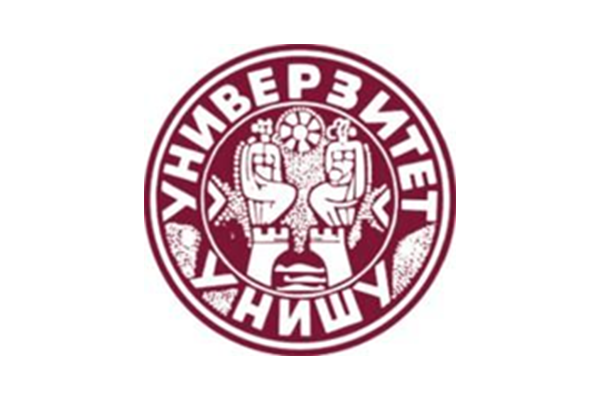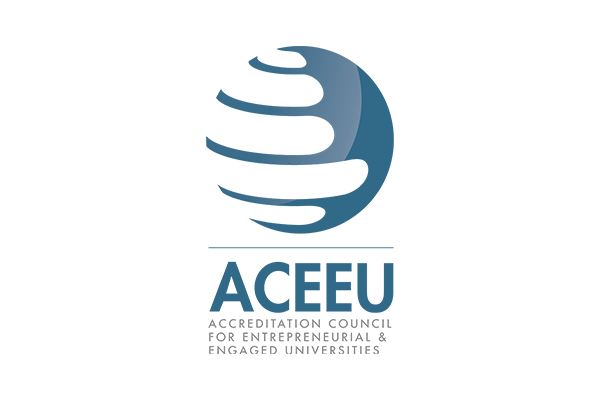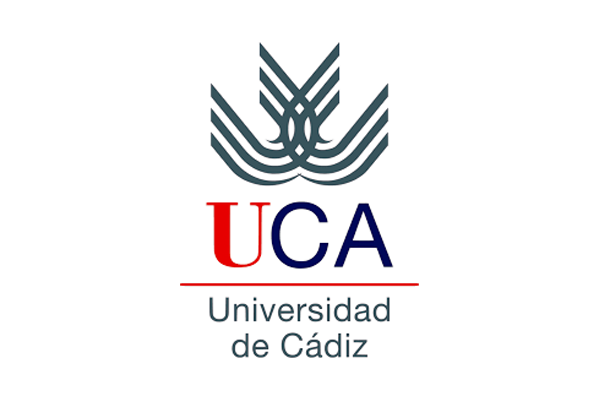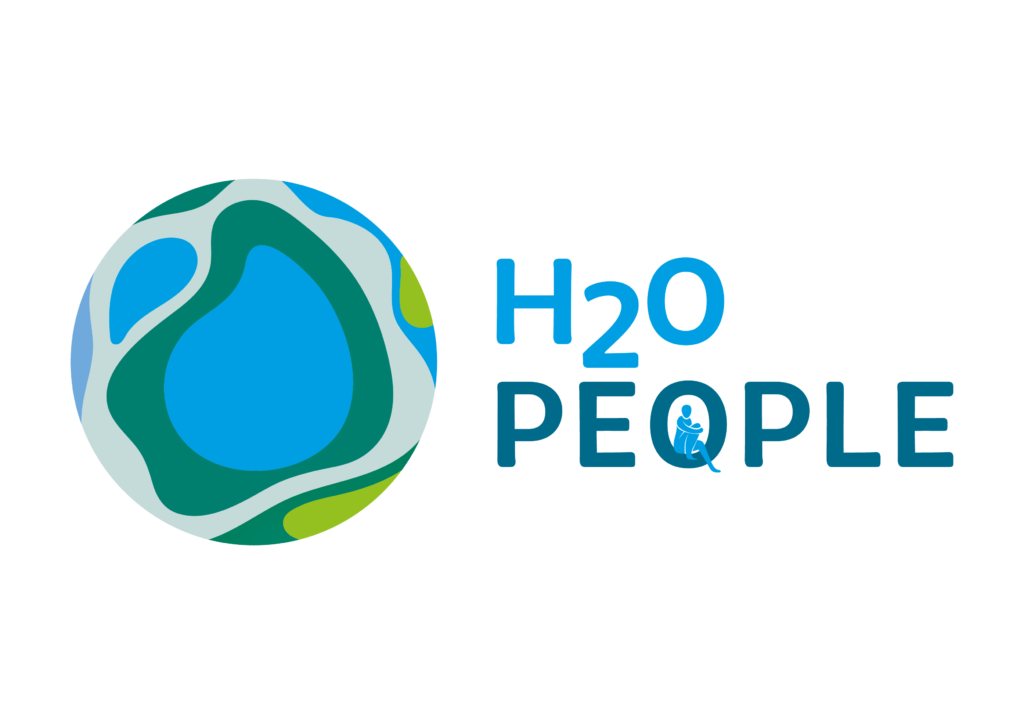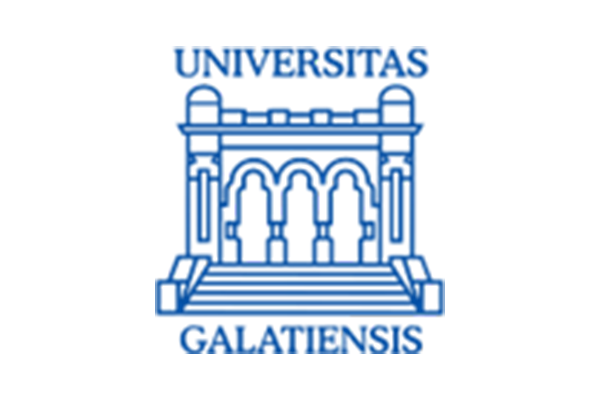The University of Niš was founded in 1965 as a state HE institution. It is a medium-sized, mature and well developed academic community, comprising 13 faculties: Faculty of Civil Engineering and Architecture, Faculty of Economics, Faculty of Electronic Engineering, Faculty of Arts, Faculty of Law, Faculty of Mechanical Engineering, Faculty of Medicine, Faculty of Occupational Safety, Faculty of Philosophy, Faculty of Physical Culture, Faculty of Science and Mathematics, Faculty of Technology and Faculty of Education. Most of those faculties have composite structure, i.e. various departments, divisions or majors, offering wide and diversified study and research opportunities at both undergraduate and graduate level, including opportunities to obtain a PhD degree. Study programmes are in compliance with the European standards in terms of admission requirements, duration of study, mode of study and acquiring diploma, particularly with regard to the outcome of the study programme, or the students’ competence.
The University of Nis has multidisciplinary study programmes, lifelong learning programmes outside the study programme curriculum and professional development and distance learning programmes and supports continual and professional (scientific, research, and professional) general interest activity of its teachers, researchers, teaching assistants, and students, and supports their participation in national and international project activity as well as presentation and publication of the results of scientific activity. It conducts innovation activity with the purpose of creating new products, technology, processes, and services, or significantly altering the existing ones, according to demands of the market. The capacity of UNI to deal with the theme of the project is based on potential of Faculty of Civil Engineering and Architecture, Faculty of Electronic Engineering and Faculty of Occupational Safety in higly qualifield staff in the field of analysis of hydrological hazards, bioclimatic architecture, diagnostics and repairs of construction, GIS,enviromnental safety engineering, fire protection engineeringand emergency management.
Internationalization
The University of Nis presently has 28207 students at all levels of studies, 1639 teaching staff and 740 administrative and support staff. UNI has significant experience in international programs such as Tempus, Erasmus, FP6 and FP7. Within the EM ECW program, the University of Nis entered the exchange of students and teaching staff in 2008 as a partner in the Project BASILEUS. In 2011, UNI became a consortium member of the Project EM2STEM. University of Nis also became partner of other Erasmus Mundus programmes, such as SIGMA, ERAWEB, EUROWEB.
Currently, the University is involved in the following programs: ERASMUS+, SIGMA Agile, EUROWEB+, ERAWEB and GREEN-TECH. One of the leading principles of the University of Nis is to become a part of the European higher education area and to adjust its plans and programs against this aim, in the context of the reform of higher education system within the EU projects and other programs. By subscribing the Declaration of commitment to the pronciples of the recommendation of the European Commission on the “European Charter for Researchers“ and “The Code of Conduct for the Recruitment of Researchers“ the University of Nis reaffirms its intention to contribute to the advancement of the European Research Area and demonstrates a lasting policy of the University of Nis to be part of the European academic map. The University of Nis was awarded with a special award – Logo for excellence in the area of improving the working conditions of researchers (HR Excellence in Research).
UNI in SKILLS4WATER
The team developed studies on alternative methods for computing drought using reference evapotranspiration and precipitation during last decade. In addition, they developed a variety of related software. The group is active in hydrology particularly relative to prediction in ungauged basins. Activities include studies of hydrological extreme events, floods and droughts. In addition, research is also devoted to the estimation of effects of climate change on water resources. Particular attention is devoted to the development of hydro-information system for monitoring and early drought warning particularly referring to droughts quantified by using reference evapotranspiration and precipitation. The group is also active in information technologies, artificial intelligence, mathematical modeling, software engineering, particularly relative to analysis, design and development of multi-platform software packages using object-oriented programming, rapid database management, web-based communication, GIS technologies and other tools for water resources modeling, control and management.
Team in SKILLS4Water

Dr Milan Gocić
Dr Milan Gocić, an Associate Professor at the University of Nis, Faculty of Civil Engineering and Architecture, has research experience in hydroinformatics, and analysis of hydrological hazards and will be the contact person, and responsible for the project realisation at UNI. He took part in 12 international projects (COST, CEI Cooperation Activities, Erasmus+, and Horizon Europe). He has outstanding experience in the coordination of two Erasmus+ KA2 CBHE projects (one of which is directly related to the improving HE capacities in the WB region in water resources management) and one Erasmus+ Jean Monnet Module related to the promotion of EU water policy and innovative solutions in water resources management. Dr. Milan Gocić coordinates all activities related to the WP2 implementation, with a prime focus on novel water-related solutions.

Dr. Tamara Rađenović
Dr. Tamara Rađenović, an Assistant Professor at the University of Niš, Faculty of Occupational Safety, has rich research experience in environmental protection economics, intellectual capital management, performance management, macroeconomics, economic development, financial markets, public-private partnerships, safety economics, and real options. She has been involved in two projects financed by the Ministry of Education, Science and Technological Development of the Republic of Serbia “Developing student competencies for managing intellectual capital” and “Improving knowledge and competencies of teachers and students for the application of geographic information systems in environmental protection (SafetyGIS)”. She is an MC, Grant Awarding Coordinator, WG5 Leader, and a member of WG2 and WG3 in NEXUSNET COST Action CA 20138, as well as an MC and Grant Awarding Coordinator in the TransformERS Cost Action CA22156. Dr Tamara Rađenović contributes both to the evaluation of soft skills in the European water sector (A2.1) and to designing learning activities in the class for the acquisition of the defined soft skills (A3.1).

Dr. Milan Protić
Dr. Milan Protić, an Associate Professor at the University of Niš, Faculty of Occupational Safety, has immense knowledge and research experience that covers Fire safety and protection, Thermal engineering, and the Application of machine learning in Renewable Energy Systems. He has been involved in the implementation of seven international projects: COST, ERASMUS+, Interreg IPA Cross Border Cooperation Programmes, CEI Cooperation Activities, and five scientific projects financed by national line Ministries. He is a member of the ongoing Erasmus+ project DGTRANS, taking part in ongoing COST Action CA18135 – “Fire in the Earth System: Science & Society” and a member of a national project supported by the Serbian line ministry. Dr Milan Protić is primarily in charge of the evaluation of soft skills in the European water sector (A2.1).

Dr. Snežana Živković
Dr. Snežana Živković, a Full Professor at the University of Niš, Faculty of Occupational Safety, has extensive research experience in the work psychology, psychology of groups, organizational behavior, management and human resources, emergency management, and protection of the living and working environment. She has been involved in the implementation of two international projects: one COST and one ERASMUS+, and three scientific projects financed by national line Ministries. Currently, she is a member of the ongoing NEXUSNET and coordinator of a national project supported by the Serbian line Ministry as well as one bilateral project. Dr Snežana Živković is primar

Dr. Dejan Vasović
Dr. Dejan Vasović, an Associate Professor at the University of Nis, Faculty of Occupational Safety, has vast research experience in Environmental protection, Water resource management, and the Application of system standards in the field of occupational and environmental quality. He has been involved in the implementation of two international projects: COST, ERASMUS+, and three scientific projects financed by national Ministries. He is a member of the ongoing NEXUSNET and a national project supported by the Serbian Ministry of Science. Dr Dejan Vasović is primarily in charge of the evaluation of soft skills in the European water sector (A2.1).


